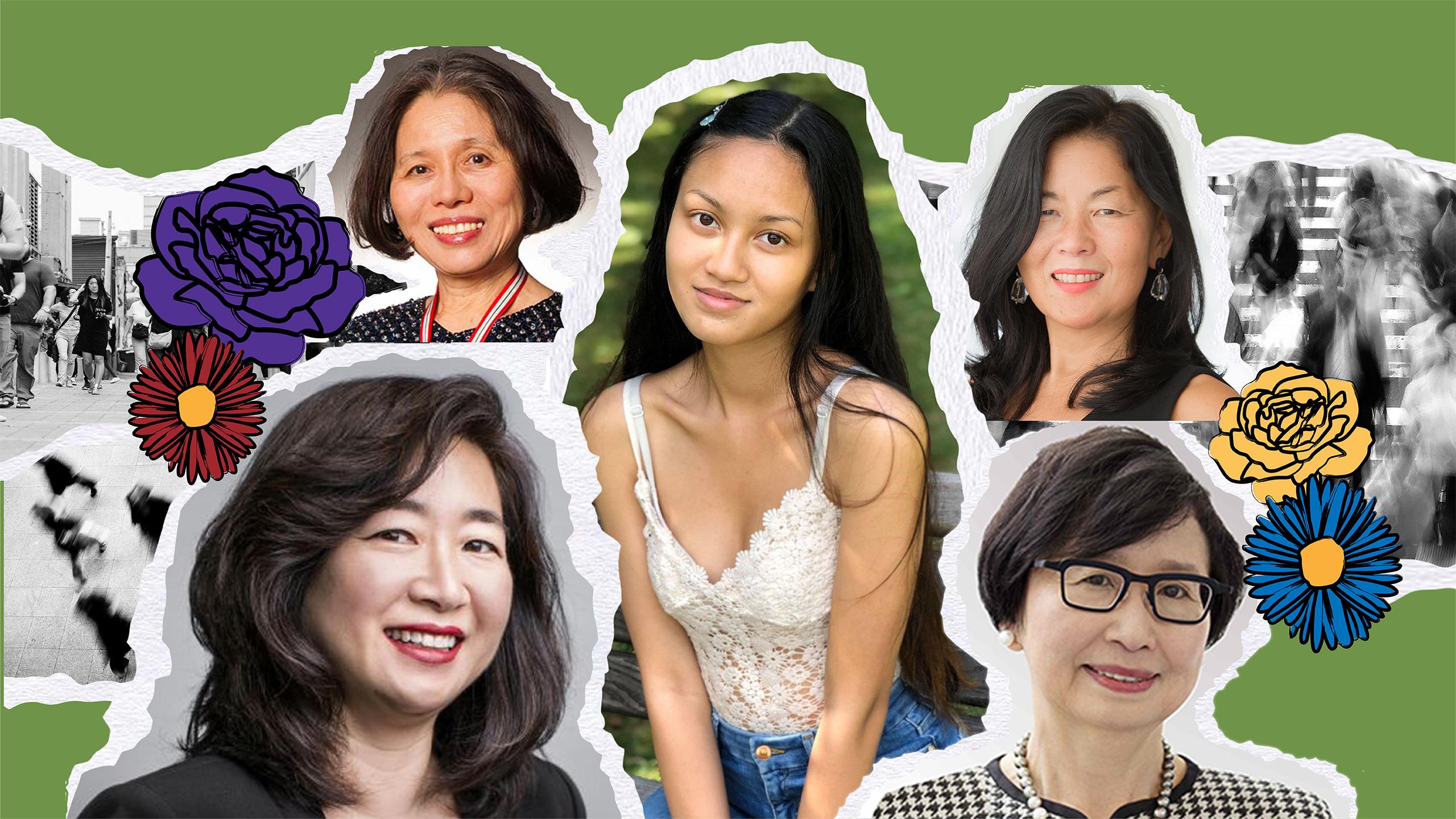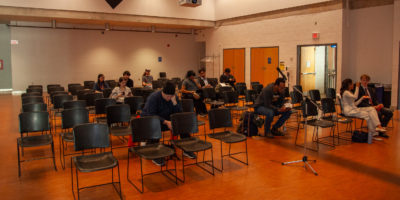By Kiernan Green
In the face of escalating anti-Asian racism throughout the COVID-19 pandemic, legacy members of Toronto’s East Asian-Canadian community have created an online toolkit to define acts of hate and what East Asian-Canadians can do if faced with them.
Ryerson secretary of the board of governors: Julia Shin Doi, chancellor Janice Fukakusa, Judge Maryka Omatsu and Faculty of Arts dean Pamela Sugiman make up the project team behind the Responding to Hate Toolkit, along with several others in and outside of the Ryerson community.
“It’s not like [Asian-Canadians] never experienced [discrimination] in the past,” said Sugiman. “That’s far from the case. But they have experienced heightened xenophobia and racist behaviour…since the outbreak of COVID.”
50 per cent of Chinese-Canadians have reported being verbally harassed as a direct result of the COVID-19 pandemic, according to a poll from the Angus Reid Institute. Nearly 30 per cent said they’ve frequently been made to feel as though they pose some threat to the health and safety of others.
Throughout March and April, Judge Omatsu became aware of increasingly common racist incidents against East-Asian Canadians in Vancouver, where she lives. “I discovered that the targeted persons and the witnesses were uncertain what to do when confronted with racist abuse,” said Omatsu.
At the scene of a hate incident, what’s paramount “is to ensure the safety of the targeted person and the witness,” said Omatsu, before recording the incident and providing emotional support.
Norah Kim, a third-year journalism student of Vietnamese and Cambodian descent, was recently made to feel like she was a threat to public health at a Tim Hortons. A white man in front of her coughed and received no reaction but when Kim felt safe to sneeze, she said that everyone looked at her.
“Then my cashier was like, ‘Is this for to-go? Because I don’t think you should stay here.’”
Kim is no stranger to micro-aggressions, having grown up in one of the only Asian families in a predominantly white Mississauga neighbourhood. But it wasn’t until the recent rise of COVID-19 that Kim realized how prevalent anti-Asian racism is.
Drawing from her research and lived experience of discrimination, Sugiman said she’s concerned that the overt racism permitted by previous generations could make a return.
Fight COVID Racism, a website suggested in the Responding to Hate Toolkit, records overt anti-Asian racism across the country. Stories include a nurse who was spat on while working in a Toronto emergency room and a 15-year-old who was attacked while riding his bike in Saskatoon, among several others.
“Personally speaking, I do think that a wider umbrella is necessary [for what constitutes a chargeable hate crime]”, said Sugiman. Hate acts are only chargeable if attached to a crime in the Canadian Criminal Code, according to the toolkit. “Non-criminal acts” of “bigoted, biased or prejudiced language” yield no legal consequence.
The problem becomes heavier when considering Canadian laws and practices which has historically discriminated against Asians. Between 1875 and 1950, there were over 170 anti-Asian laws in British Columbia that “denied citizenship rights and severely restricted the lives of Asian-Canadians,” said Omatsu.
“Anti-Asian racism is as Canadian as maple syrup,” she said.
In 1988, redress for Japanese internment during the Second World War was made with $21,000 paid to each survivor by the federal government. Redress for Japanese Canadians was only granted 43 years after the fact, following a campaign which included Omatsu, who would later become Canada’s first East-Asian judge.
“When they got the redress settlement, lots of [Japanese Canadians] began to talk about all of their experiences of racism (and) the discrimination they faced in the past,” said Sugiman.
“Fast forward to 2020, where COVID allowed this nascent racism to rise to the surface, yet again,” said Omatsu.
Sugiman said that research of anti-Asian racism should be a lot more extensive. “There aren’t that many people doing work on the experiences of Asians in Canada,” said Sugiman. “It’s not a large group … but it’s a strong group of excellent researchers.”










Leave a Reply